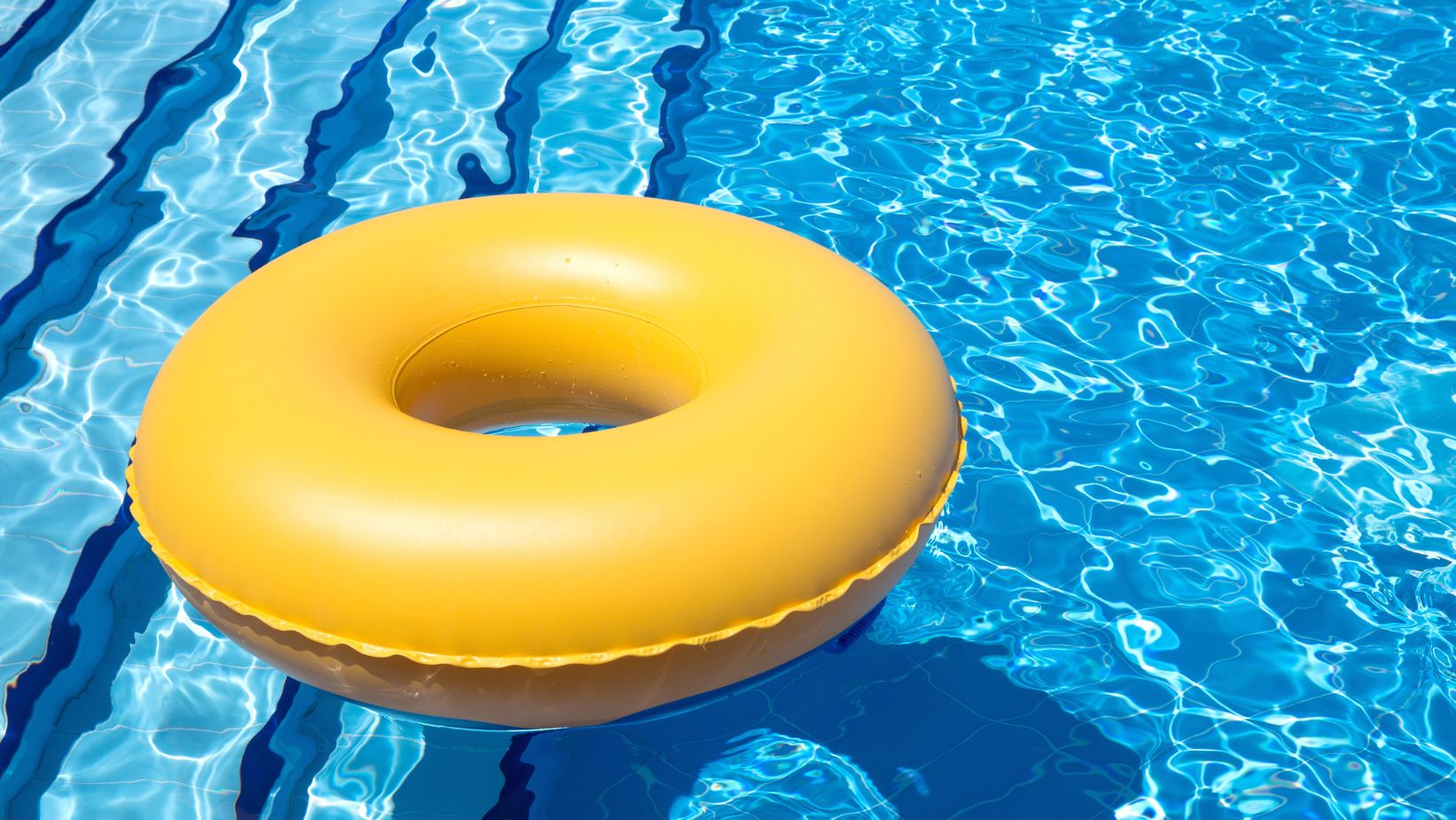Table of Contents
ToggleWhat Size Torsion Spring for 16×8 Garage Door
When it comes to torsion springs, size matters. As an expert in the field, I’ve seen firsthand the impact that the right size torsion spring can have on the performance and longevity of various mechanical systems. From garage doors to industrial machinery, finding the correct size torsion spring is crucial for optimal functionality. In this article, I’ll delve into the factors that determine the size of a torsion spring and provide valuable insights on how to choose the right one for your specific needs.
Choosing the correct size torsion spring is not a decision to be taken lightly. As someone who has spent years studying and working with these mechanical wonders, I understand the importance of finding the perfect fit. In this article, I’ll guide you through the process of determining the appropriate size for your torsion spring, whether you’re a homeowner looking to replace a garage door spring or an engineer designing a complex machinery system. By the end of this article, you’ll have the knowledge and confidence to make an informed decision.
What Size Torsion Spring
When determining the size of a torsion spring, several factors should be taken into account:
- Available Space: The first factor to consider is the amount of space available for the torsion spring. Measure the space constraints accurately to ensure the spring fits properly without any interference.
- Load Requirements: The load the spring needs to support is another vital factor. Calculate the maximum load that will be applied to the spring and choose a size that can handle that load without excessive stress or deformation.
- Application: The specific application for which the torsion spring is needed will also play a role in determining its size. Different applications may require different spring sizes to accommodate specific mechanical requirements.
- Wire Diameter and Coil Length: The wire diameter and coil length are additional considerations when determining the size of a torsion spring. Thicker wire diameters will generally provide greater strength, while longer coil lengths can increase the flexibility and range of motion of the spring.

Importance of Torsion Springs
Torsion springs play a crucial role in many mechanical systems. They offer several important benefits that contribute to the overall functionality and efficiency of these systems. Here are some key reasons why selecting the right size torsion spring is essential:
- Proper Force Generation: Torsion springs are specifically designed to produce torque or rotational force. Choosing the correct size ensures that the spring generates the required amount of force for the intended application. This helps achieve optimal performance and prevents issues such as underperforming mechanisms or excessive wear and tear.
- Space Utilization: Available space is a critical factor when selecting a torsion spring. The size of the spring should be compatible with the available space constraints. Choosing an incorrectly sized spring may result in issues such as interference, binding, or reduced functionality. Therefore, it’s essential to carefully consider the available space and select an appropriate size.
- Load Requirements: The load or weight that a torsion spring needs to support or resist is another important consideration. Choosing the right size ensures that the spring can handle the required load without significant deflection or deformation. Not selecting the correct size may lead to mechanical failure, reduced lifespan, or compromised performance.
- Compatibility with Application: Different applications require different sizes of torsion springs. A comprehensive understanding of the application’s needs and requirements is crucial. Factors such as temperature, environmental conditions, and intended use should be taken into account when selecting the size of the spring.
Common Applications of Torsion Springs
Torsion springs are widely used in various industries and applications. Here are a few examples:
- Automotive: Torsion springs are used in car seats, trunk lids, and suspension systems to provide rotational force and stability.
- Industrial Equipment: They are used in machinery, garage doors, and equipment hinges to facilitate movement and provide torque.
- Medical Devices: Torsion springs are used in surgical instruments, prosthetics, and diagnostic equipment to ensure precision and reliable operation.
- Electronics: These springs are used in electrical switches, cameras, and keyboards to provide feedback and responsiveness.
- Home Appliances: Torsion springs are found in washing machines, dishwashers, and exercise equipment to ensure smooth and controlled movement.
Understanding the importance of selecting the correct size torsion spring is vital for the efficiency and functionality of mechanical systems. By considering factors such as available space, load requirements, application, and compatibility, one can ensure optimal performance and longevity. Whether it’s for automotive, industrial, medical, electronics, or home appliance applications, choosing the right size torsion spring is crucial for seamless operation.





